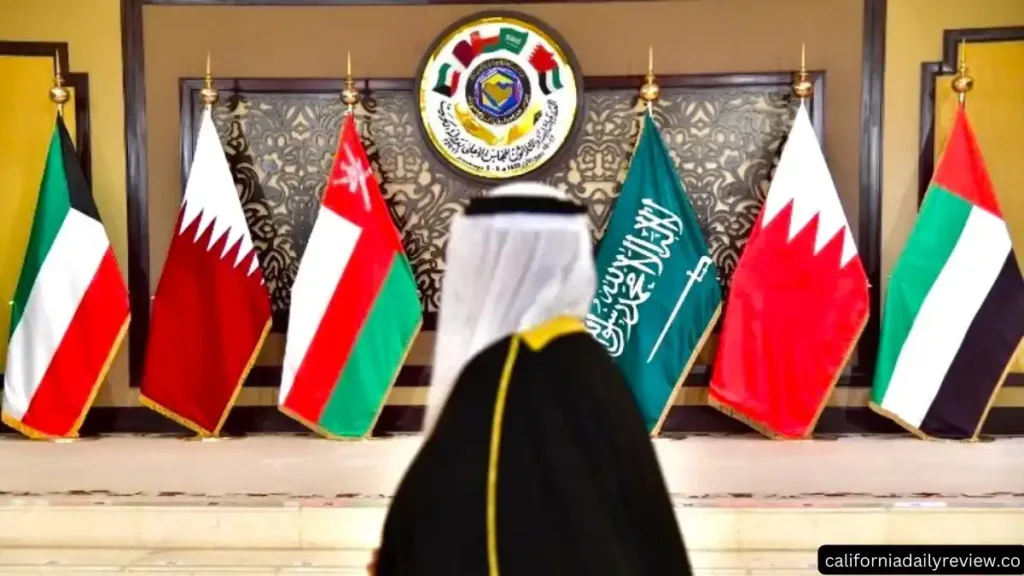In a groundbreaking development, the BRICS alliance extended invitations to four Arab nations during its 15th summit in Johannesburg in August. Saudi Arabia, the UAE, and Egypt seized the opportunity to join BRICS, marking a strategic shift in alliances. Iran, Ethiopia, and Argentina were also invited, with Argentina becoming the first nation to decline membership under President Javier Milei’s administration.
Seeking to diversify and reduce dependence on the US dollar, BRICS is making waves by contemplating a shift away from the dollar’s global dominance. The potential implications of such a move on various sectors in the US are explored here.
Building on this momentum, an additional five Arab countries are now expressing keen interest in joining the BRICS alliance. Motivated by a desire to lessen reliance on the US dollar and promote their local currencies in global trade, Algeria, Bahrain, Kuwait, Morocco, and Palestine are considering aligning.

BRICS: 5 New Arab Countries Ready To Join Alliance
#1 BRICS Welcomes Three New Arab Members: Saudi Arabia, UAE, and Egypt
- During the 15th summit in Johannesburg, BRICS extended invitations to Saudi Arabia, the UAE, and Egypt, solidifying their inclusion in the alliance.
#2 Argentina Declines Membership Under New Leadership
- Argentina, one of the invited countries, became the first to reject membership, citing President Javier Milei’s decision to abstain from the alliance.
#3 BRICS Aims to Reduce Dependency on US Dollar: Impact on US Sectors
- BRICS is actively exploring options to cut ties with the US dollar, potentially affecting various sectors in the United States. Learn more about the potential consequences here.
#4 Expansion Alert: Five More Arab Nations Eye Membership
- In the wake of recent developments, Algeria, Bahrain, Kuwait, Morocco, and Palestine have expressed interest in joining the BRICS alliance. Their goal is to reduce reliance on the US dollar and promote local currencies for global trade.
#5 Global Interest Peaks: Over 20 Nations Seek Membership
- Beyond the Arab countries, more than 20 nations, including Pakistan and Nigeria, have formally approached BRICS expressing interest in joining the alliance. The potential expansion could have far-reaching implications across regions, putting pressure on traditional markets and Western influence.

Read More: How to Get Small Business Loans in California
In a significant revelation, South African Ambassador Anil Sooklal disclosed that more than 20 nations have formally approached BRICS expressing their desire to become members. Alongside the aforementioned Arab nations, other countries eager to join the alliance include Pakistan and Nigeria, among many others.
Sooklal affirmed, “Whether it’s Pakistan or any other nation, a considerable number of countries have formally approached us. The process of their inclusion will be handled by foreign ministers and leaders, guided by consensus.” Pakistan, in particular, is seeking support from Russia to facilitate its entry into the bloc.

This surge of interest suggests that the alliance could soon expand its influence across the Arab world, Africa, Asia, and the global south. The potential unity poses a challenge to traditional markets, putting pressure on the West and the United States as these geopolitical shifts unfold. The evolving landscape suggests a new era in global alliances and economic dynamics.





